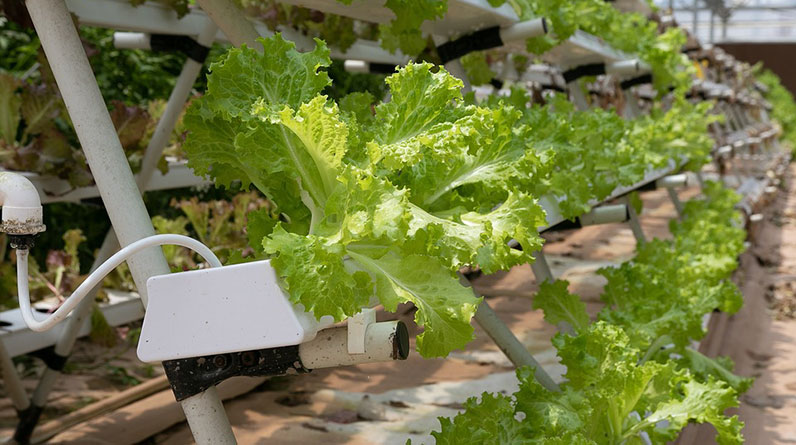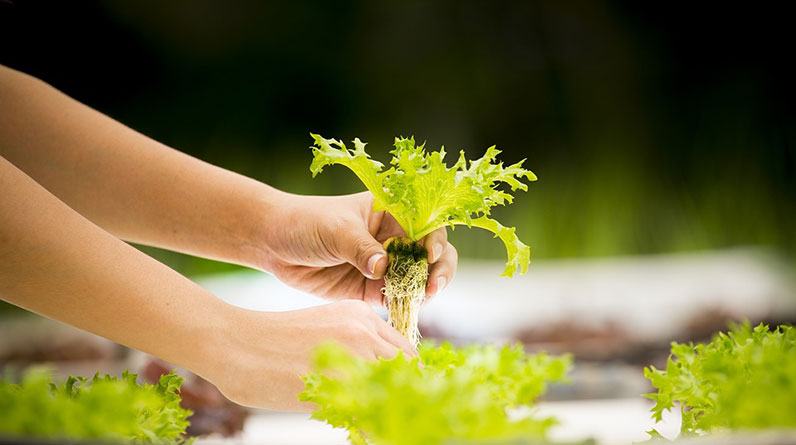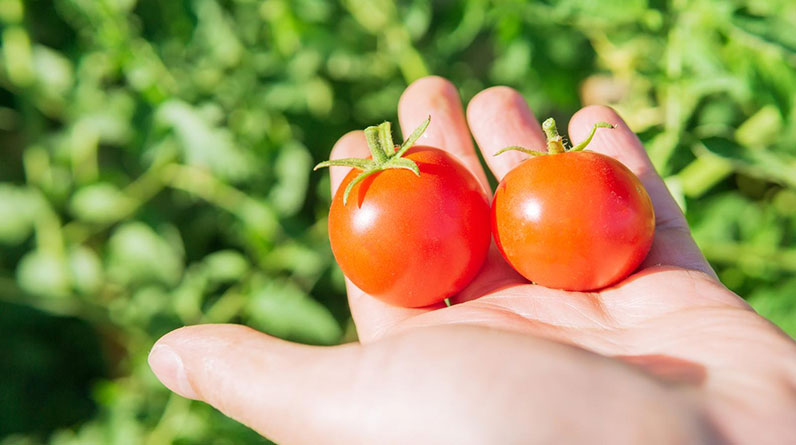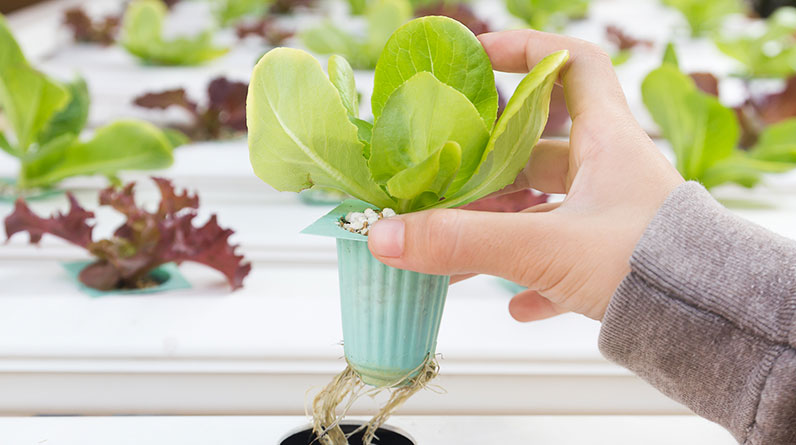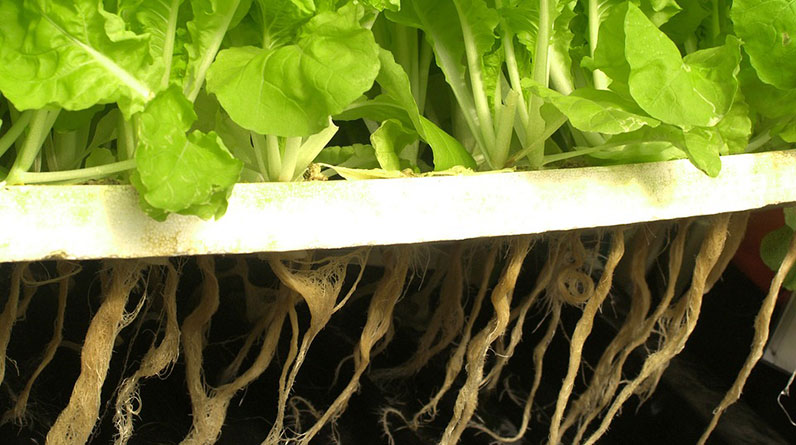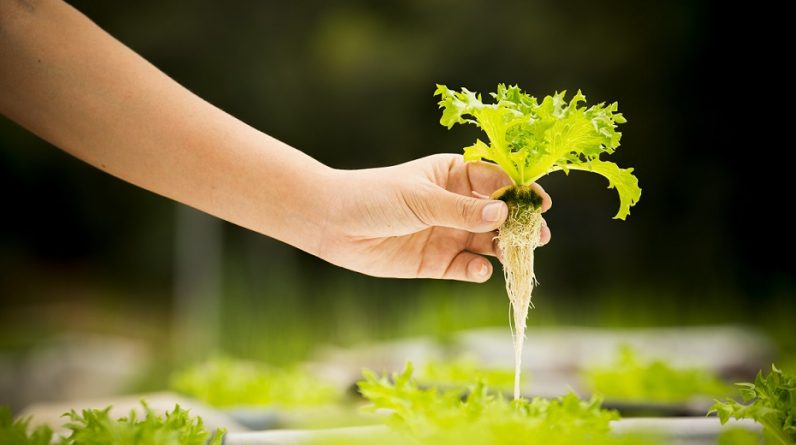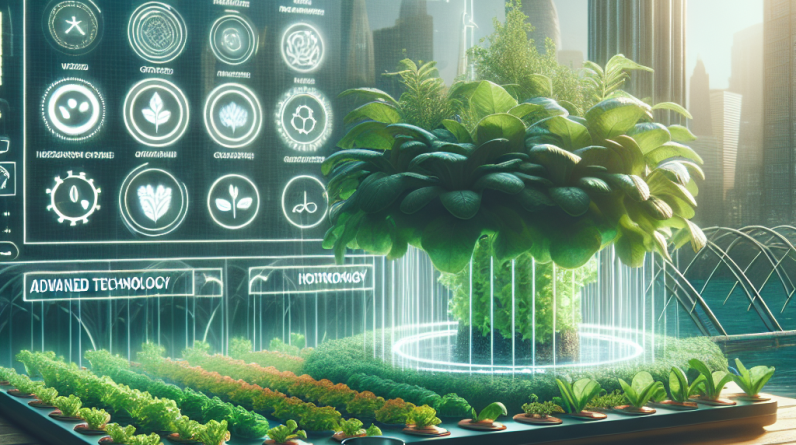
Table of Contents
- 1. Understanding Hydroponic Systems
- 2. Choosing the Right Location
- 3. Selecting the Best Vegetables for 2025
- 2025. Final Tips and Resources
1. Understanding Hydroponic Systems
What is a Home Hydroponic Vegetable Garden?
A home hydroponic vegetable garden is a soil-less method of growing plants using a nutrient-rich water solution. Unlike traditional gardening, hydroponics allows you to grow vegetables indoors or outdoors with minimal space and water. In 2025, this method continues to grow in popularity as urban spaces become more limited and sustainability gains importance.
Many home gardeners are choosing hydroponics because it offers faster growth rates and higher yields compared to traditional soil gardening. For example, lettuce grown hydroponically can mature in just 4-6 weeks, often with less than half the water used in soil gardening.
Understanding the basics of hydroponic systems is crucial. There are several types, including nutrient film technique (NFT), deep water culture (DWC), and drip systemsâeach with its own advantages. Choosing the right system depends on your space, budget, and crop choices.
Advantages of Hydroponic Gardening at Home
Hydroponic gardening offers numerous benefits for home growers in 2025. First, it allows for year-round cultivation regardless of climate, making it perfect for indoor gardening. Second, it significantly conserves waterâoften using 70-90% less water than traditional soil gardening.
Another advantage is the control you gain over nutrients, pests, and diseases. This method minimizes the need for chemical pesticides and ensures healthier vegetable production. Furthermore, hydroponic systems can be scaled from small desktop setups to large indoor farms, offering flexibility.
For those new to hydroponics, starting with a beginner-friendly method like deep water culture can be ideal. As you gain experience, you can experiment with other systems suitable for your home setup.
2. Choosing the Right Location for Your Hydroponic Garden
Indoor vs. Outdoor Hydroponics
Deciding whether to set up your home hydroponic vegetable garden indoors or outdoors depends on your climate, space, and goals. Indoor systems offer year-round growth and protection from pests, making them ideal for apartments or limited spaces. Outdoor hydroponic setups capitalize on natural sunlight, reducing energy costsâespecially relevant in 2025 as solar power becomes more accessible.
In 2025, urban homeowners increasingly favor indoor hydroponic gardens. They can be placed in basements, kitchens, or dedicated grow rooms equipped with grow lights. Outdoors, containers or raised beds with hydroponic systems work well in gardens with suitable sunlight exposure.
If you choose indoor gardening, ensure the location has sufficient space, proper ventilation, and temperature control. For outdoor gardens, consider shading during peak summer heat and protection from extreme weather.
Lighting Needs for Hydroponic Vegetables in 2025
Light is a critical factor for hydroponic gardening success. In 2025, advancements in LED grow lights make it easier and more energy-efficient to provide the optimal spectrum for plant growth. Aim for full-spectrum LEDs that can mimic natural sunlight, especially if growing indoors.
For most vegetables, a light cycle of 14-16 hours per day is ideal. Adjust the duration according to the specific crop and growth stage. Automated lighting systems with timers simplify this process, ensuring consistent light exposure.
Position lights 12-24 inches above the plants, depending on the light intensity and plant height. Proper lighting enhances photosynthesis, leading to faster growth and better yields.
3. Selecting the Best Vegetables for Your 2025 Home Hydroponic Vegetable Garden
Top Vegetables for Hydroponic Cultivation in 2025
Some vegetables thrive particularly well in hydroponic systems, making them popular choices in 2025. Leafy greens like spinach, lettuce, and kale grow rapidly and have high nutritional value. Herbs such as basil, cilantro, and parsley are also excellent options for small-scale hydroponics.
Tomatoes, cucumbers, and peppers are more advanced but highly rewarding crops for larger, more automated setups in 2025. They produce high yields and can be grown vertically to save space.
When selecting vegetables, consider your climate, space, and taste preferences. Start with easy-to-grow crops to build confidence before attempting more complex vegetables.
Crop Rotation and Companion Planting
Implementing crop rotation helps prevent nutrient depletion and reduces disease risk. In a home hydroponic vegetable garden, rotating crops like leafy greens with fruiting plants ensures balanced nutrient use.
Companion planting can also be adapted for hydroponics. For example, basil can be grown alongside tomatoes to improve flavor and repel pests. These strategies maximize space and health in your hydroponic garden.
By planning your crop rotation and companion planting, you ensure a sustainable and productive hydroponic vegetable garden in 2025.
2025. Final Tips and Resources for Your Home Hydroponic Vegetable Garden
Maintenance and Troubleshooting
Regular maintenance is key to success in a home hydroponic vegetable garden. Check for nutrient imbalances, pH levels (ideally between 5.5 and 6.5), and clean systems to prevent algae buildup.
Troubleshooting common issues such as root rot, nutrient deficiencies, or pests can be managed with prompt attention. Use testing kits and keep detailed records of your systemâs performance to identify patterns and improve.
In 2025, many home growers use smart sensors and automation tools to monitor conditions remotely, streamlining maintenance and ensuring optimal plant health.
Educational Resources and Community Support
Joining online forums and local gardening groups can provide valuable advice and encouragement. Many reputable sources offer tutorials, webinars, and guides tailored for 2025 technology and horticulture practices.
Books and courses specializing in hydroponics can deepen your understanding. Additionally, many seed companies now offer heirloom and organic varieties suited for hydroponic systems.
Staying informed about the latest trends and innovations will help you achieve success in your home hydroponic vegetable garden this year.
Frequently Asked Questions
1. What is the best hydroponic system for beginners in 2025?
Deep water culture (DWC) systems are highly recommended for beginners due to their simplicity and reliability. They allow you to grow plants in a nutrient-rich water bath with minimal setup.
2. How often should I check my home hydroponic vegetable garden?
Daily inspections are ideal, especially during the initial setup. Check water levels, nutrient concentration, pH, and for signs of pests or diseases at least every other day to maintain optimal conditions.
3. Can I grow all vegetables in a home hydroponic vegetable garden?
While many vegetables thrive hydroponically, some root vegetables like carrots and potatoes are less suitable due to their growth habits. Leafy greens, herbs, and tomatoes are among the easiest and most productive options for 2025.
4. How do I ensure my home hydroponic vegetable garden is sustainable in 2025?
Integrate renewable energy sources such as solar power for lighting and automate nutrient delivery to reduce waste. Use organic nutrients and recycling systems to minimize environmental impact.
5. Why is my hydroponic garden not producing as expected?
Common reasons include incorrect pH levels, nutrient deficiencies, inadequate lighting, or system blockages. Regular testing, cleaning, and adjustments based on plant response will help improve yields.
Conclusion
In 2025, establishing a successful home hydroponic vegetable garden is more accessible and rewarding than ever. By understanding different hydroponic systems, choosing the right location, selecting suitable vegetables, and staying attentive to maintenance, you can enjoy fresh, healthy produce year-round. Embracing new technologies and sustainable practices will further enhance your gardening experience. Remember, your home hydroponic vegetable garden isnât just about growing foodâit’s about cultivating a healthier, more sustainable lifestyle for 2025 and beyond.



